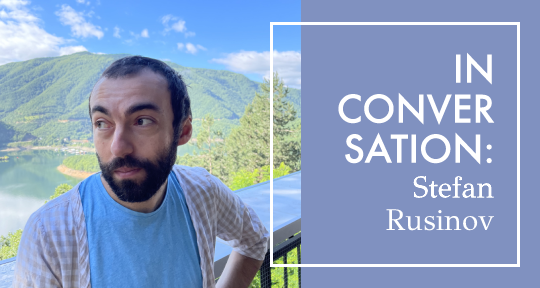This week, our writers bring you the latest news from Singapore, Taiwan, and the United Kingdom. In Singapore, the Singapore Writers’ Festival hosted international writers, such as Liu Cixin, Teju Cole, and Sharon Olds, whilst the Cordite Poetry Review published a special feature on Singapore poetry; in Taiwan, Kishu An Forest of Literature centre has held a discussion about a new translation of Mary Shelley’s Frankenstein; and in the UK, Carcanet Press has launched Eavan Boland’s final collection, The Historians, whilst new books about renowned poets Seamus Heaney, Sylvia Plath, and Anne Sexton have been released. Read on to find out more!
Shawn Hoo, Editor-at-Large, reporting from Singapore:
The beginning of November sees a deluge of new writing coming from a host of literary journals. Joshua Ip and Alvin Pang have guest edited a special feature on Singapore poetry in Cordite Poetry Review that gives us the rare pleasure of rethinking Singapore poetry through the art of transcreation. The editors commissioned thirty young poets (who write primarily in English) for the challenge of transcreating verse, not just from the official languages of Malay, Tamil, and Chinese, but also ‘minor’ languages such as Kristang, Bengali, and Tagalog that make up Singapore’s linguistic soundscape. Additionally, Mahogany Journal, a new online periodical on the scene for anglophone South Asian writers in Singapore, has just released their second issue, which is themed ‘Retellings.’ Finally, one of our longest-running online journals, the Quarterly Literary Review of Singapore, has launched its October issue. Lovers of Singapore literature have a huge array of choice.
Meanwhile, this year’s virtual Singapore Writers’ Festival (mentioned in my October dispatch) concluded last weekend. While festivalgoers did not experience the familiar ritual of queuing and squeezing into a room packed with fellow writers and readers, the online format delivered its own peculiarities. Liu Cixin, Teju Cole, and Sharon Olds were some of the international stars joining us from different time zones across our devices. Margaret Atwood, whose message to novelist Balli Kaur Jaswal was a hopeful “we will get through,” had many viewers sending questions through a live chat box asking the author of The Handmaid’s Tale what it means to write in these dystopian times. Instead of browsing the festival bookstore in between panels, I scrolled through the webstore run by Closetful of Books. Nifty videos were added to lure me to new book releases, booksellers curated a list of recommended reads, while readers craving connection left love notes to nobody in particular. The copy of Intimations I ordered arrived with a sweet touch: it came with a bookplate signed by Zadie Smith. With access to video on demand, rather than rushing from room to room, I found myself toggling between panels on Southeast Asian historical fiction and Korean horror without so much as lifting a finger. If I find myself unable to concentrate (as Zadie Smith said of our social media age: “I feel very bullied at the speed I am told to think daily”), I tune in to Poetry Bites to hear Marc Nair engage in ten-minute intimate chats with ten poets. Kudos to festival director Pooja Nansi and her team for this massively successful event. We are all already looking forward to what the next year’s edition of the festival brings. READ MORE…


